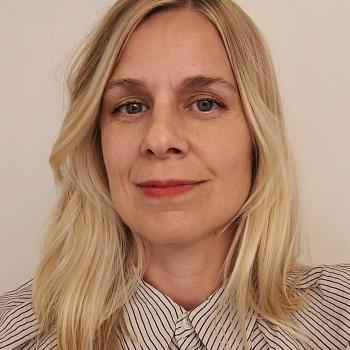Willingness and Contextual Considerations for Supervised Consumption Sites among People Who Inject Drugs in Stockholm
Background
Sweden has one of the highest rates of overdose mortality in Europe. Supervised consumption sites (SCS) provide a safer environment for individuals to consume drugs under the supervision of healthcare professionals. Despite the internationally documented benefits of SCS and successful implementations in neighbouring countries (Denmark and Norway), Sweden has yet to adopt SCS into the continuum of harm reduction care for people who inject drugs (PWID). To date, no study has investigated the willingness of Swedish PWID to engage with a future SCS, their preferences for how such a service should be designed or their attitudes towards potential SCS regulations.
Methods
This is a mixed methods study targeting PWID in Stockholm with both questionnaires and interviews. The cross-sectional 28-item questionnaire contains both open-ended and closed items, gathering data related to demographics and the current risk environment as well as posing questions about willingness to use SCS and the acceptability of proposed rules. Qualitative interviews explore the health risks currently faced by participants in greater depth and facilitate more detailed discussions around the development of SCS to meet current community needs.
Preliminary results
The majority of the first 70 survey respondents self-reported unstable housing situations, previous opioid overdose experience, regular assisted injection and recurrent drug use in public spaces. Overall, 82% were willing to use a SCS, 13% unwilling, and 5% unsure. The most prevalent reason (42%) for wanting to use a SCS was ”not wanting to be seen by the general public”. Some potential SCS regulations were seen as less acceptable, e.g. prohibition of injection in groin/neck, assisted injection, and drug sharing. Some participants would be reluctant to inject in front of SCS staff and this lack of privacy would make them less willing to use SCS.
These are provisional data. Further quantitative and qualitative data collection and analysis will continue during the first half of 2024. The study aims for 300 survey participants and 10 interviewees, recruited from the Stockholm Needle and Syringe Program and via organisations that work with people who use drugs or through snowball sampling. Results will be presented at the conference.
Conclusion
Our results suggest high SCS acceptability among a marginalised cohort of PWID in Stockholm. Results confirm and extend prior research by illuminating PWID perceptions, including important preferences and conditions to consider when designing a future SCS in Sweden for its target group.
